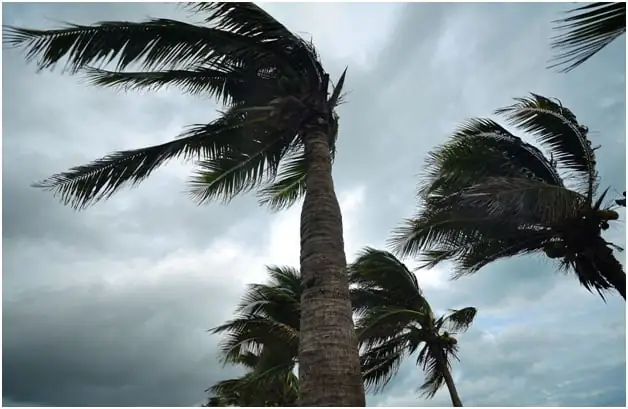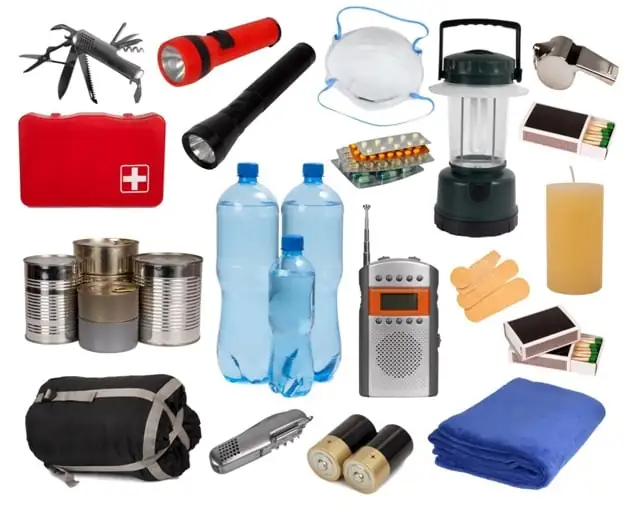Hurricane Season Underway – How Are Floridians Getting Ready?
Ah, summer. The kids are out of school, nearby bodies of water are beckoning, and lots of people are finalizing their vacation plans (or already heading off on a summer trip). And then there’s the other hallmark of summer in Florida: the tropical weather.
June marked the beginning of hurricane season in Florida, and while the National Hurricane Center is not currently predicting any tropical storms, it’s always wise to be prepared in the event that a hurricane does descend upon our state.
If you’ve recently moved to Florida from a less hurricane-prone region, you may be wondering exactly how to prepare for this time of the year. That’s why we here at Lawlor, Winston, White & Murphey have decided to offer five basic tips on how to prepare for hurricane season.
Be Prepared: 5 Tips for the 2014 Hurricane Season
1. Make sure you’re covered. While Florida does not require homeowner’s insurance, most lending institutions will ask you to get homeowner’s insurance on a mortgaged home, and this should cover flood policy.
2. Make sure that your home has impact rated windows. Impact-rated windows are specifically designed and tested to stand up against a 9 pound piece of lumber traveling at 34 mph, making them invaluable in the event that hurricane winds carry debris toward your home.
3. Check to see how double doors are secured. Along with your windows, your doors are going to be essential in protecting the interior of your home from stormy weather. With double doors, there is generally one fixed door and one that opens and closes on a hinge, and the opening door may not have strong enough bolts and pins to withstand storms. Talk to your door manufacturer about getting a reinforcing bolt kit that works with your particular door.
4. Buy an NOAA weather radio. An NOAA weather radio will pick up weather updates from the nearest National Weather Service office, allowing you to keep up with emergency notices and current evacuation zones even if your power is out. It’s a good idea to change the batteries in the radio receiver every spring.
5. Make a survival kit. Gather any items you might need in the event of an emergency that prevents you from leaving your house. Include bottled water and non-perishable food that will last for at least 72 hours, a fully-stocked first aid kit, toilet paper and other personal hygiene items, a flashlight, and at least one extra pair of clothing and footwear. Your disaster kit should be compact enough that you can carry it if you do need to evacuate your home. Consider placing your kit in a backpack, tote bag, or other easy-to-transport containers.
Facing your first hurricane season may seem daunting, but being prepared can significantly help minimize your risk of suffering an injury or experiencing uninsured home damage. And once you’ve prepared your home, you can rest a little easier and enjoy the great weather and amenities that Florida has to offer during the summer.
About the Author:
Lawlor Winston White & Murphey. He has been recognized for excellence in the representation of injured clients by admission to the Million Dollar Advocates Forum, is AV Rated by the Martindale-Hubbell Law Directory, and was recently voted by his peers as a Florida “SuperLawyer”—an honor reserved for the top 5% of lawyers in the state—and to Florida Trend’s “Legal Elite.”

